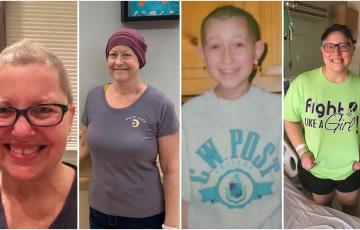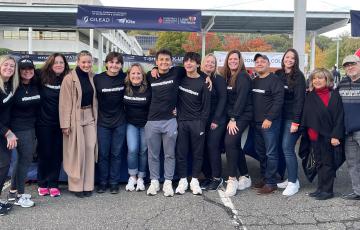Leukemia & Lymphoma Awareness/Law School Scholarship
To assist a current or future law student who has been affected by leukemia or lymphoma by helping to defray the cost of law school expenses.
- Offers an annual scholarship of $1,000 for law school tuition and/or books
- Applicant must submit an essay and complete online application
- Check website for additional eligibility criteria and rules.
Students affected by leukemia or lymphoma and interested in pursuing a law degree in the US
Website http://www.renkinlaw.com/leukemia-lymphoma-law-school-scholarship/

